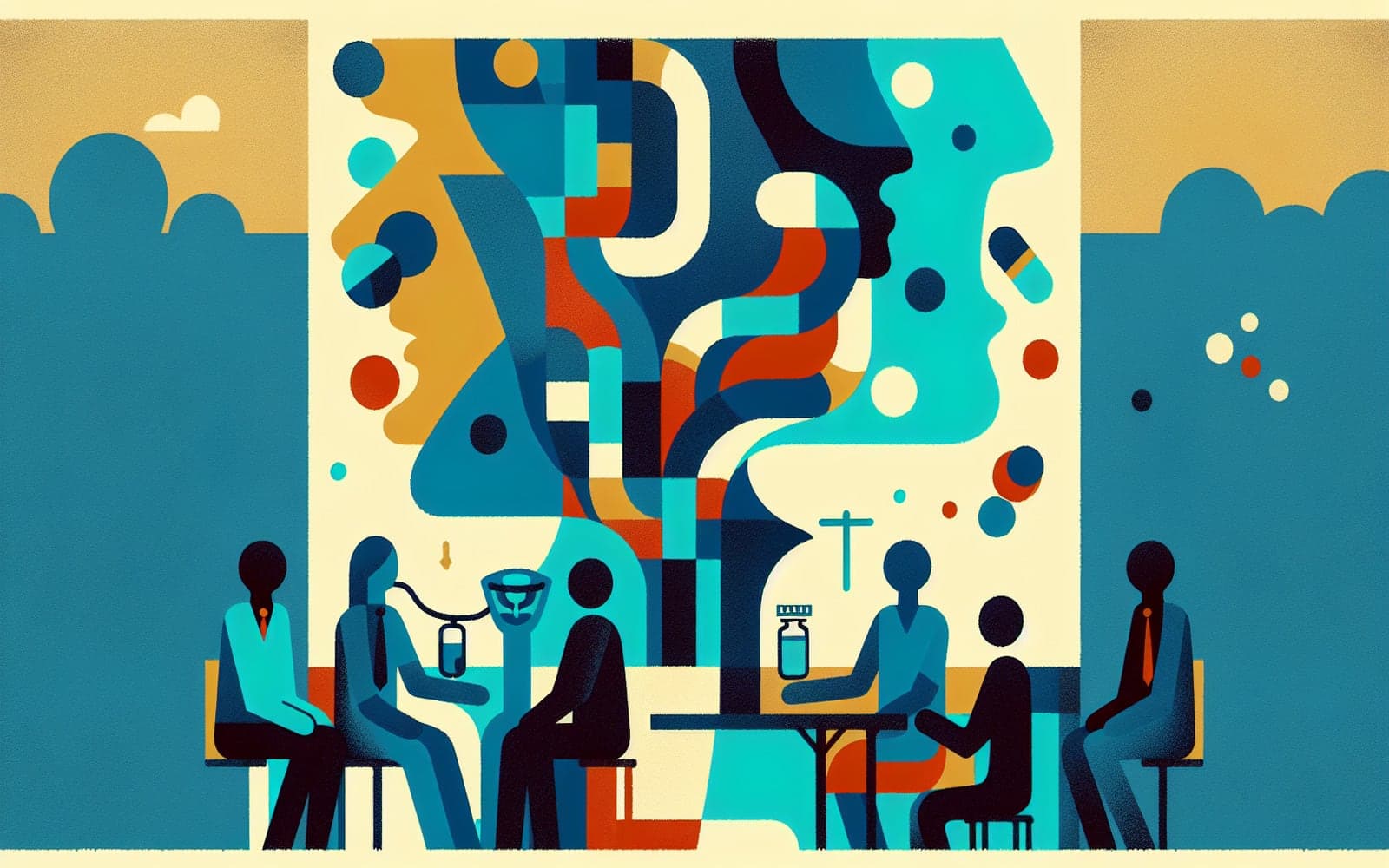Could Your Medication Be Hurting Your Throat?
Published: Dec 22, 2023
Certain medications can cause a painful condition known as pill esophagitis. Learn which drugs are involved and how you can protect yourself.
Contents
Medications That Pose a Risk
Over 100 medications have been linked to pill esophagitis. Antibiotics are the most common offenders, especially tetracyclines. NSAIDs and bisphosphonates are also known to cause this condition, irritating the esophageal lining if not taken properly.
Safe Medication Practices
To prevent pill esophagitis, take medications with a full glass of water. Avoid lying down immediately after taking pills, especially those known to cause esophagitis. This ensures the medication moves quickly into the stomach, minimizing contact with the esophagus.

When to Seek Medical Help
If you experience severe chest pain, difficulty swallowing, or persistent symptoms, consult a doctor. An upper endoscopy may be necessary to confirm pill esophagitis and rule out other conditions. Early treatment can prevent complications like strictures.
Frequently Asked Questions
Antibiotics, NSAIDs, and bisphosphonates are common causes.
Use plenty of water and avoid lying down immediately.
If you have severe symptoms or persistent discomfort.
The Bottom Line
Proper medication intake can prevent painful esophageal conditions.
References
- Zografos GN, Georgiadou D, Thomas D, et al. Drug-induced esophagitis. Dis Esophagus 2009; 22:633.
- Zimmer V, Emrich K. Azithromycin-Induced Pill Esophagitis. GE Port J Gastroenterol 2021; 28:225.
This article has been reviewed for accuracy by one of the licensed medical doctors working for Doctronic. Always discuss health information with your healthcare provider.
AI Doctor Visit Required
Appointments available 24/7
15-min consultation. No hidden costs.
AI Doctor Visit Required
For safety reasons we have been forced to end this consultation.
If you believe this is a medical emergency please call 911 or your local emergency services immediately.
If you are experiencing emotional distress, please call the the Suicide & Crisis Lifeline at 988 or your local crisis services immediately.
Contact us
You can also email us at help@doctronic.ai
We aim to reply within 5-7 days
How likely are you to recommend Doctronic to friends or family?


